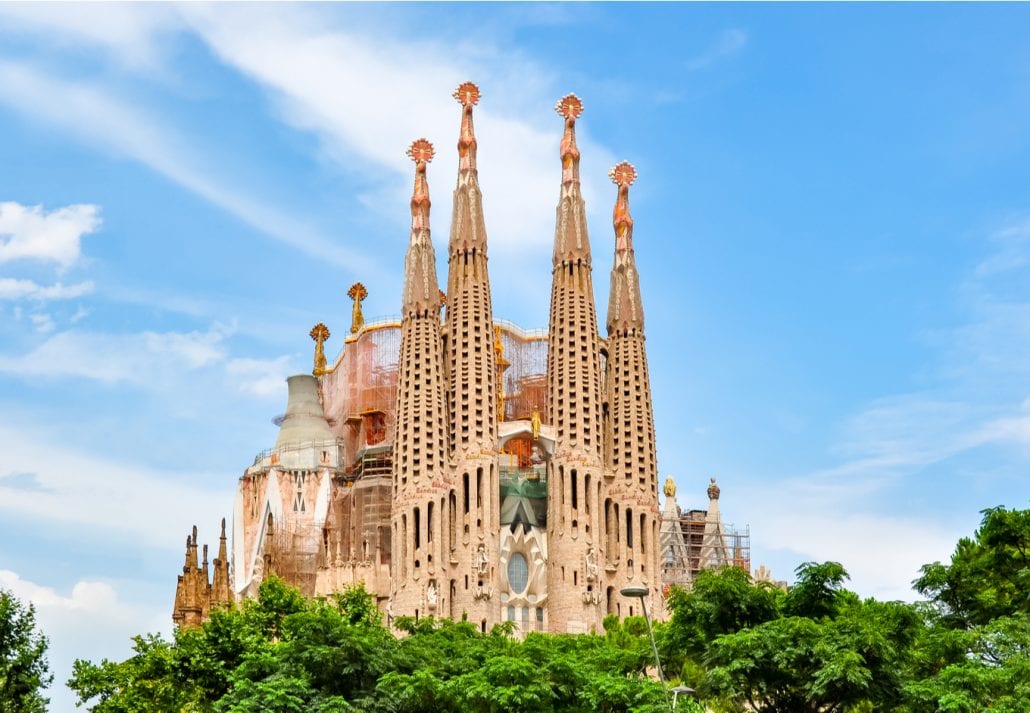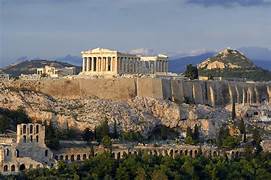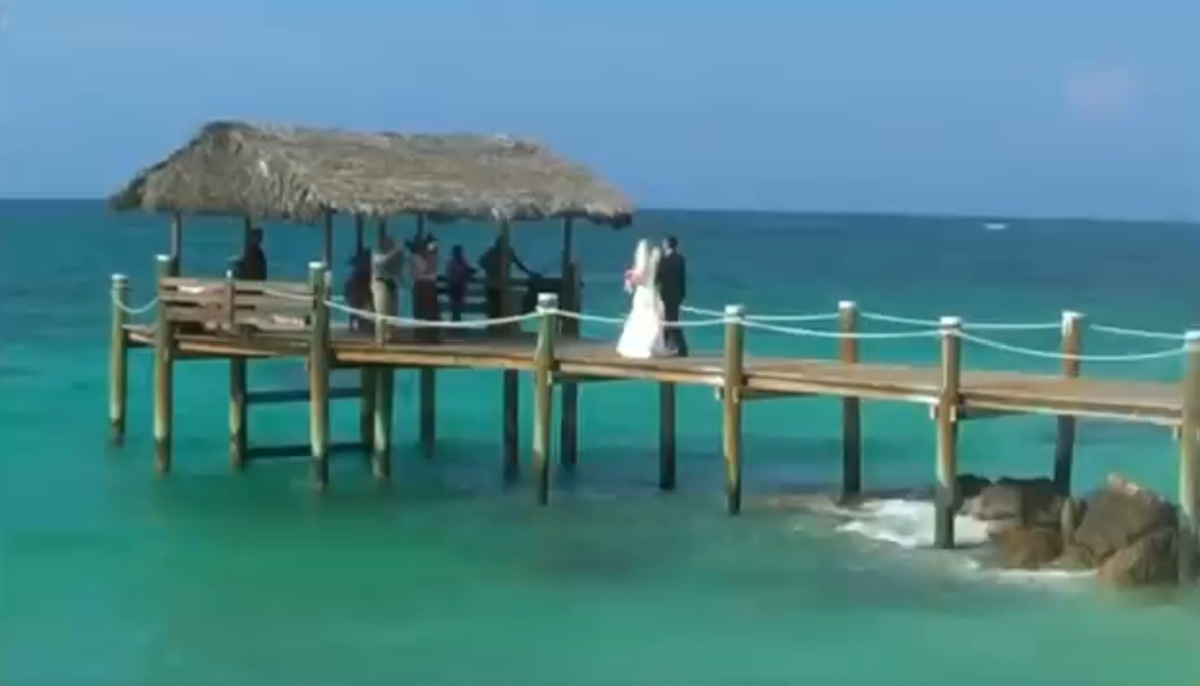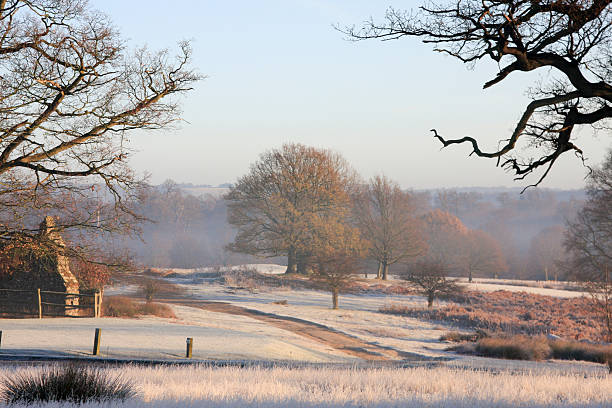In January 2010, we journeyed to one of Earth's most extreme frontiers—Svalbard, Norway, an archipelago suspended in the Arctic Ocean halfway between mainland Norway and the North Pole. This was travel at its most raw and elemental: a place where polar night reigns, where civilization clings to existence by sheer determination, and where the landscape stretches out in an endless white desert that makes you feel simultaneously insignificant and profoundly alive.
Svalbard: The Edge of the Inhabited World
There's no way to prepare for Svalbard in January. The polar night means the sun never rises—not even a glimpse above the horizon. Instead, you exist in a perpetual twilight of deep blues and purples, where day and night blur into one continuous arctic dreamscape. At 78° North, closer to the North Pole than to Oslo, we truly felt like we'd reached the end of the world, a place where nature's extremes test the limits of human endurance and spirit.
"Svalbard isn't just remote—it's a different realm entirely, where perpetual darkness meets endless white, where humans are visitors in a kingdom ruled by ice, polar bears, and the raw power of the Arctic."
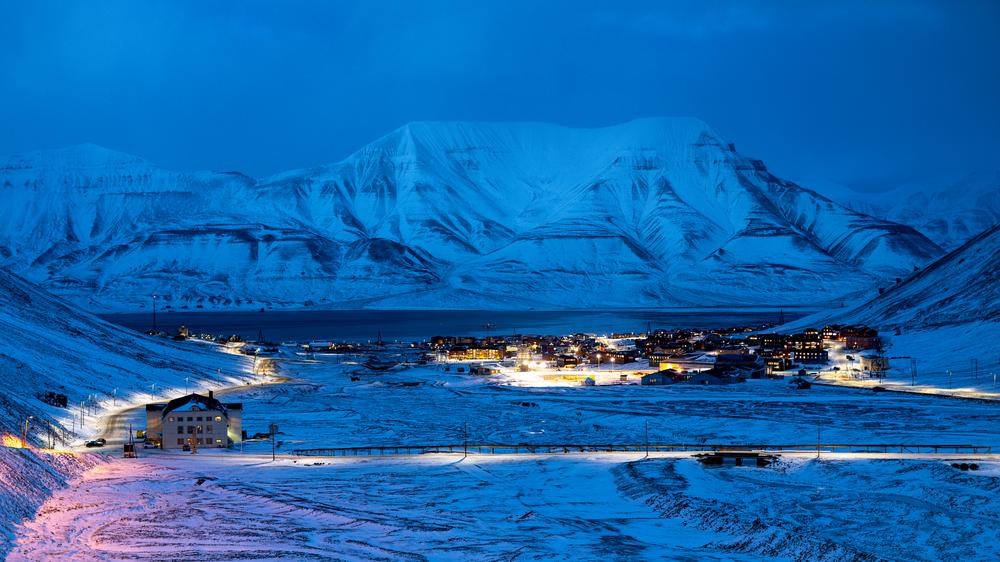

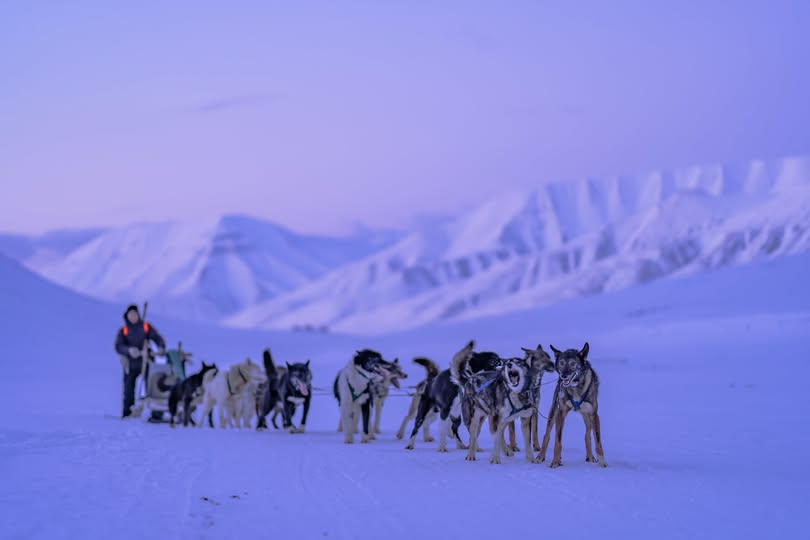
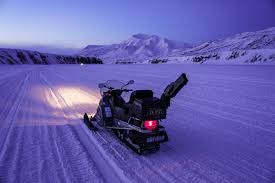
Life at the End of the World
Every experience in Svalbard felt amplified by the extreme environment—each moment was more intense, more memorable, more profound than anything we'd encountered before.
- The Polar Night Experience: Living without sunlight was disorienting and mesmerizing in equal measure. Day after day, the sky would brighten slightly around midday to a deep twilight blue, casting everything in an ethereal glow, then darken again into star-filled blackness. We found ourselves losing track of time, our circadian rhythms confused by the perpetual darkness. Yet there was something hauntingly beautiful about this endless night—the snow reflected what little light existed, creating a luminous landscape that glowed with an otherworldly quality. We felt suspended outside normal time, existing in a liminal space between day and night, between civilization and wilderness.
- Dining at the Edge: Eating a reindeer steak at what must be one of the northernmost restaurants in the world was a surreal experience. The tender, gamey meat—a staple of Arctic cuisine—connected us to this harsh environment in a primal way. Looking around at our fellow diners, bundled in layers even indoors, we marveled at the human determination to create warmth, comfort, and civilization in such an unforgiving place. Every meal felt like a small victory against the elements, a defiant act of normalcy in an abnormal world.
- Dog Sledge Adventure: The dog sledge ride was pure arctic poetry. The team of huskies, built for this environment, bounded across the snow with infectious enthusiasm, their breath creating clouds of vapor in the frigid air. The silence was profound—broken only by the panting of dogs, the swoosh of runners on snow, and the occasional command from our musher. We glided through a monochromatic landscape of whites and grays, past ice formations and frozen fjords, feeling like explorers from another era. The dogs' joy was palpable, and their energy in such extreme conditions humbled us. This was their element, and we were privileged passengers in their frozen kingdom.
- Snowmobile Across the White Desert: If the dog sledge was poetry, the snowmobile was pure adrenaline. We roared across Svalbard's white desert—vast, frozen expanses that stretched to every horizon without a single tree, building, or sign of life. The landscape was alien in its emptiness, like driving across the surface of another planet. Mountains rose like frozen waves in the distance, glaciers carved through valleys, and the ice underfoot felt infinite. The cold was savage, finding every gap in our arctic gear, but the thrill of racing across this pristine wilderness at speed, headlights cutting through the twilight, made us feel intensely, impossibly alive. We were specks of warm life hurtling through a frozen world, and it was magnificent.
Svalbard changed us in ways we're still discovering. Experiencing perpetual darkness, surviving in temperatures where exposed skin freezes in minutes, and traversing landscapes so vast and empty they make you question your place in the universe—these things recalibrate your perspective. We left Svalbard with a profound respect for the Arctic's power, for the resilience of life that exists here, and for our own capacity to find beauty and adventure in Earth's most extreme corners. This wasn't just a trip to the end of the world—it was a journey to the edge of human experience, and we're forever grateful we took it.


